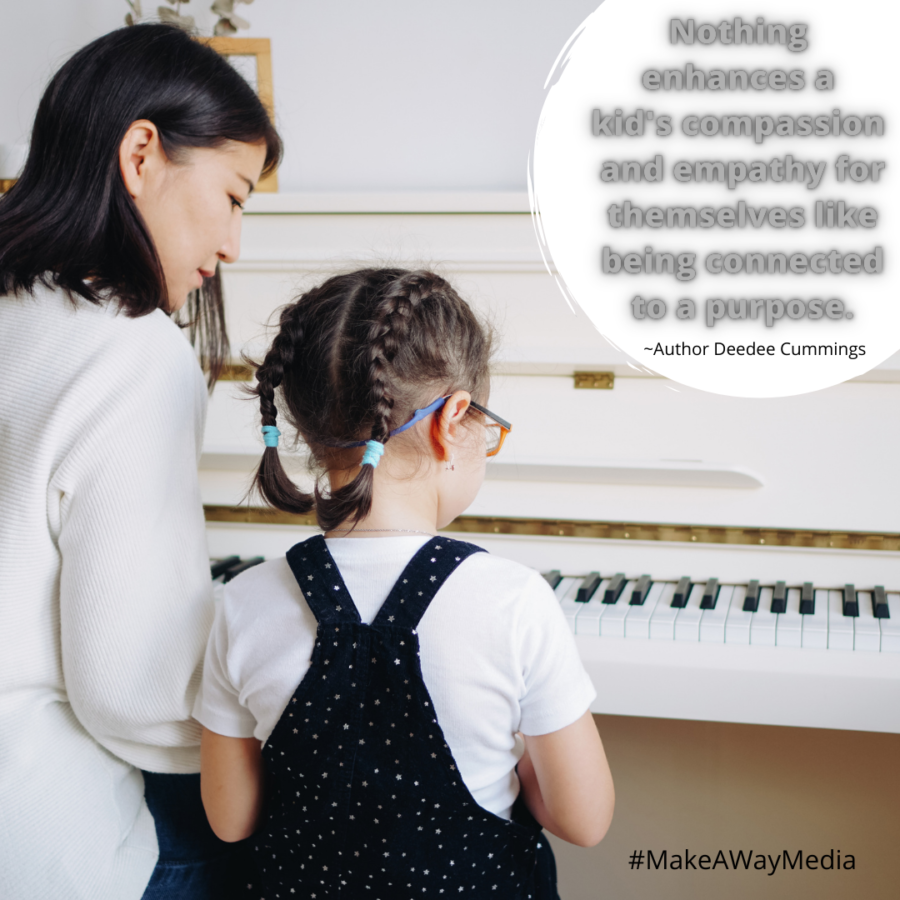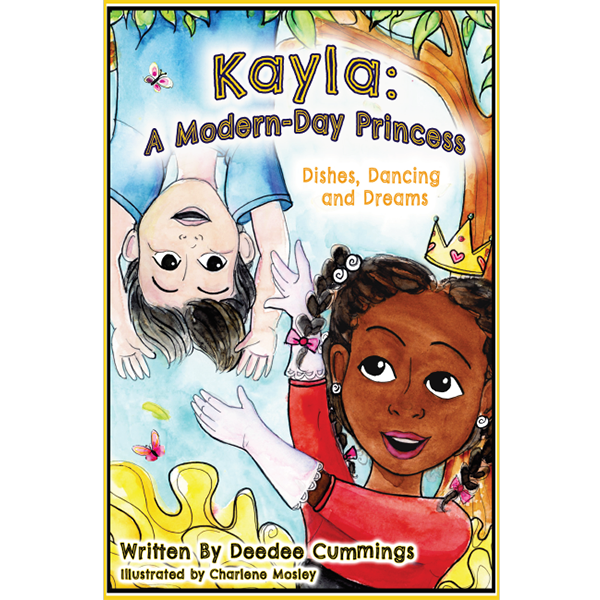So many adults have turned hobbies into side gigs or hustles, and while this shows the power of the entrepreneurial spirit, not every hobby or interest has to be turned into a money-making endeavor. That is up to each individual to determine if she/he/they want to transform a passion into a position.
Nothing enhances a kid’s compassion and empathy for themselves like being connected to a purpose. It is important to have passions, and it is important for parents to encourage passions in their children, even if those passions don’t always feel worthwhile to parents. It may be hard to be enthusiastic about a child’s interest in bugs or dinosaurs or video games or manga if those things don’t feel meaningful to you, but asking questions, simply listening, or offering opportunities for a child to experience those things are crucial.
For a child, finding a passion has tons of mental health benefits. It keeps them occupied and their brains active. It gives them a sense of ownership and control over their lives. It helps them find like-minded others who share similar interests thereby creating a sense of independence. It provides them a sense of stress relief.
Author Deedee Cummings’ book, “Kayla: A Modern-Day Princess: Dishes, Dancing, and Dreams” suggests just activities children enjoy, even if they don’t seem interesting to others, can be a source of therapy. Kayla’s best friend in the book, Tommie says, “I like doing the dishes. It’s kind of therapeutic and it reminds me of my mom.” Initially Kayla questions what is wrong with this kid and remarks, “Who likes doing the dishes?” Ultimately, Kayla recognizes that dancing is like therapy for her because it makes her feel calm, balanced and proud.
 Sometimes parents think a passion has to be an activity in which their child is THE BEST, but this isn’t the case. If a child loves the passion and wants to pursue it exclusively, like playing club soccer or cheer or taking special extracurricular art classes, this is a conversation to have. But parents don’t need to push a passion. Some kids are more chill and don’t want the pressure of being the best or being a starter on a team; they are happy enough to play or do the activity at all. Some kids engage in a passion activity for awhile, six months or a year, and then move onto something else. That is ok, too.
Sometimes parents think a passion has to be an activity in which their child is THE BEST, but this isn’t the case. If a child loves the passion and wants to pursue it exclusively, like playing club soccer or cheer or taking special extracurricular art classes, this is a conversation to have. But parents don’t need to push a passion. Some kids are more chill and don’t want the pressure of being the best or being a starter on a team; they are happy enough to play or do the activity at all. Some kids engage in a passion activity for awhile, six months or a year, and then move onto something else. That is ok, too.
How can you encourage your child’s passion?



